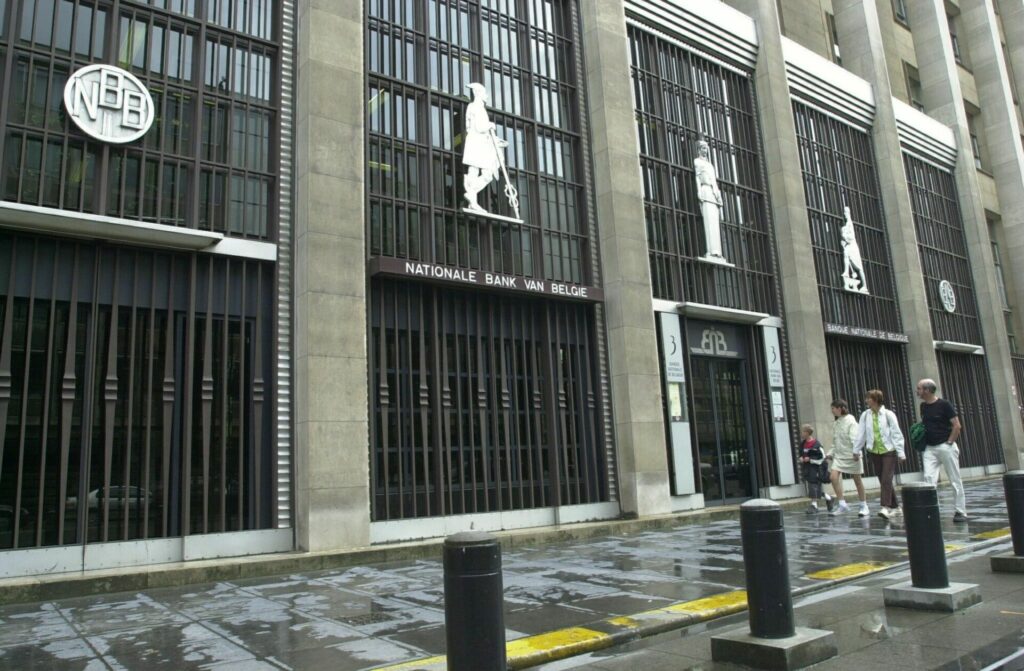Steep increases in government bond yields cost the Belgian State up to €10 billion in 2022, l'Echo has reported.
According to data recently released by the Federal Debt Agency and analysed by l'Echo, the explosion in debt payments was precipitated by a sharp rise in the benchmark ten-year OLO (Obligation Linéaire Ordinaire, or Linear Ordinary Bond) rate from 0.2% at the end of 2021 to 3.2% at the end of last year. (The OLO rate is currently at 2.7%.)
Last year, the Belgian State issued €44 billion worth of ten-year OLO bonds, for which it is expected to pay up to €14 billion in interest before their maturity date. Had interest rates remained at 2021 levels, however, the total interest payable would have been €4 billion — €10 billion less than it actually is.
Keep calm and (maybe) carry on
According to Eric Dor, the Director of Economic Studies at IESEG School of Management at the Catholic University of Lille, the enormous increase in the Belgian Government's debt burden is not necessarily a reason to panic.
"[The €10 billion] represents the additional cost of the new debt contracted, for the entire life of the bonds issued in 2022," Dor explained to l'Echo. "However, Belgium remains in very favourable conditions in terms of the sustainability of its public debt."
In particular, Dor alluded to the fact that, according to European Commission calculations, Belgium's total debt burden actually fell to €8.2 billion last year from €8.5 billion in 2021. He attributed this positive development to the fact that many OLO bonds issued years ago at relatively high rates (of up to 4.25%) matured over the past year.
Furthermore, Dor was adamant that Belgium will remain financially solvent for the foreseeable future despite the fact that, according to the same Commission estimates, its debt burden is set to rise this year to €9.4 billion, and will increase a further €1.1 billion in 2024.
Related News
- 'This is blackmail': EU to delay recovery fund payment to Belgium over pension reform dispute
- Belgian Government's borrowing costs reach decade-long high
"This remains very little when we compare it with the €18.9 billion paid in 1995," Dor explained. "We knew that when rates went up, the impact would be very gradual, because Belgium will continue to benefit for a long time from the negative interest rates on loans made in recent years."
Nevertheless, Dor did concede that Belgium's current budget deficit is a source of concern, and noted in particular that it is "a little bit worrying" that the State's primary balance — or budget deficit excluding net interest payments on public debt — "is not improving."
Belgium's debt-to-GDP ratio and budget deficit are currently amongst the highest in the EU. Indeed, in recent months both the EU and the IMF have openly criticised the country's fiscal profligacy.

